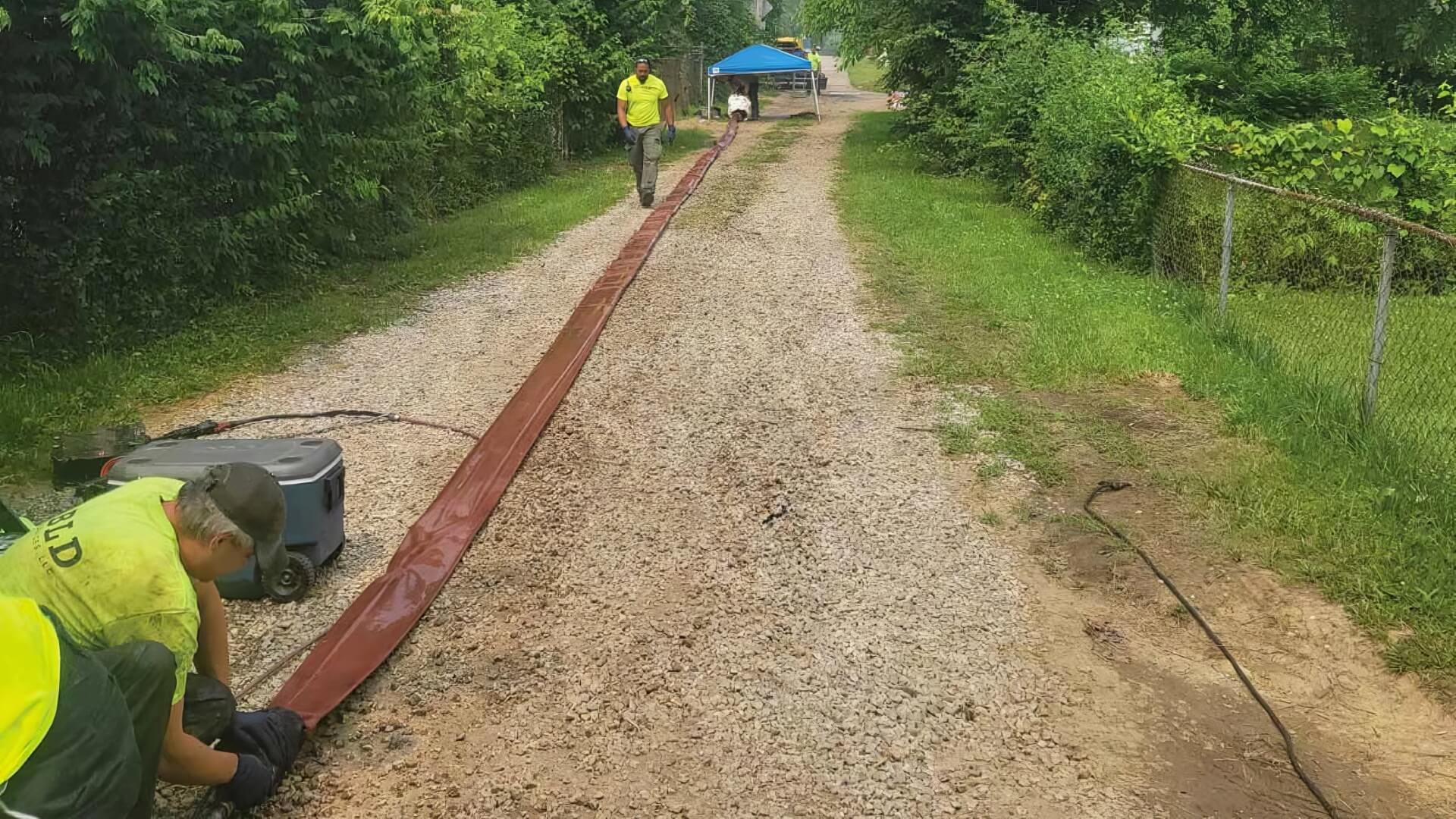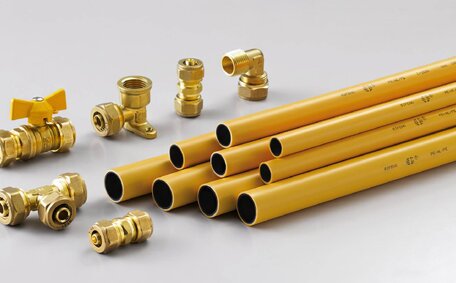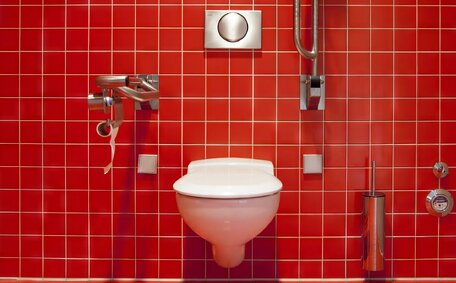Introduction: Is a Blocked Toilet an Emergency?
A blocked toilet interrupts your daily routine significantly, but does it necessitate urgent emergency attention? That depends on the severity of the clog and potential consequences if left unchecked. This article will clarify when a blocked toilet warrants calling a plumber right away versus when it’s a manageable DIY project.
A blocked drain, especially in toilets, disrupts household routines and can even create unsanitary conditions if wastewater backs up. However, relatively minor toilet clogs often resolve with your own basic plunging or unwinding techniques. More stubborn obstructions can also demand intensive drain treatments or professional repair.
We’ll detail common causes of clogged toilets, explore temporary fixes and prevention strategies, and establish guidelines for when to call a plumber immediately. Proper toilet use is crucial, as issues ranging from tree roots in sewer lines to excessive waste buildup due to improper use can lead to blockages.
Arm yourself with both knowledge and rubber gloves when taking on the task of unblocking your toilet; swift action can mitigate more significant problems. Acting quickly and using tools at hand, like a coat hanger, to resolve issues as soon as possible can restore toilet function promptly, prevent larger problems from developing, and help avoid emergency scenarios.
Common Causes of Toilet Clogs
Here are the most common causes of toilet clogging to keep in mind:
- Disposing of unsuitable items down your toilet, such as wet wipes, can incapacitate your drains and create major blockages.
- Overloading the flush toilet mechanism with too much toilet paper per flush
- A weak flow from hot water system issues in low-flush toilets might not properly clear waste from the drain.
- Accumulation of fats, oils, greases, and hair are typical causes blocked drains encounter over time.
- Tree root invasion or a burst pipe - Roots from nearby trees can grow into and crack drain lines, obstructing flow.
- Pipe damage or misalignment may cause solids and paper to snag, leading to clogs.
- Deterioration of internal pipe walls, including moving parts seals, creates uneven surfaces waste can cling to.
Understanding the cause of your clog is essential for identifying the right plumbing solutions. Minor clogs from paper or debris often respond to plunging, augering, or an enzymatic drain cleaner. What might begin as minor clogs can escalate, frequently necessitating expert intervention to restore optimal flow.
Tree Roots
Tree roots are a common culprit behind blocked toilets, often invading and compromising your pipes. As nearby trees grow, their roots spread seeking nutrients and water, potentially infiltrating your main sewer lines. Over time, this can help lead to roots causing a plumbing leak by invading cracks or joints in buried sewer pipes.
Once established inside, the roots not only flourish but contribute to a predicament where you need to attend to pipes they’ve caused to back up. As they expand, the roots can fully clog pipes, trap waste, and cause significant drain blockages. Pipe relining might become necessary when corroded concrete pipes permit further root intrusion, potentially leading to emergency gas situations.
The toilet itself may seem fine at first. However, blocked main lines will ultimately hinder proper drainage, leading to symptoms like gurgling, slow flushes, bad smells, and water overflow.
For tree root invasion, we offer professional pipe inspection, drain cleaning, and potentially full sewer line replacements. We offer the installation of root barriers along replaced pipes to help deter future infiltration.
To limit root damage risk, make sure toilets flush vigorously, watch for gurgling sounds, and avoid planting trees with aggressive root systems near sewer lines.
Identifying a Serious Blockage
Several clear signs indicate a clogged toilet is beyond typical debris clogging, instead becoming a serious blockage needing prompt resolution:
- Water overflowing from the toilet plumbing without flushing, implying sewage backflow issues.
- Multiple blockage events in other drains alongside your toilets imply broader pipe obstructions.
- A slow-draining water level after multiple flushes with continual clogs.
- Sewage odours emanating from the toilet itself due to trap dry out.
- Frequent phantom-flushing caused by sewer venting issues from blockages.
- Loud gurgling noises as air tries passing clogged drains.
- Toilets backing up onto the bathroom floor, carrying health risks.
- Initial plunging attempts not restoring flow or immediately re-clogging.
Such plumbing emergencies can arise without warning, often pointing to significant blockages that our expert plumbers are adept at resolving. Our specialty in toilet repairs becomes crucial within an hour to appropriately diagnose, rod, clear, and mend compromised pipes.
Neglected, sewage backups and overflows can cause unsanitary conditions, sewer vent clogging, and a serious water leak. It can take prompt action when you observe these grave signs of clogging, so call plumbing professionals to appraise and address the issues.
DIY Methods to Try
Before calling a plumber for a blocked toilet, you can try some DIY unclogging methods using common household items:
Use a Plunger
An effective technique using plunger can tackle issues a clogged toilet might cause:
- Ensure the flange plunger is placed firmly over the toilet drain to create a secure seal.
- Proceed to swiftly plunge up and down vigorously, an effective step to unclog your toilet and ensure it functions smoothly.
- Following that, flush the toilet to see if the water drains smoothly, confirming the clog is cleared. Repeat if needed.
Baking Soda and Vinegar
Combining dish soap with a baking soda vinegar solution can break up some obstructions:
- Pour 1 cup of baking soda directly into drain to initiate the unclogging process.
- Follow with 2 cups soda vinegar solution and let fizz for 10-15 minutes.
- Flush a few times to clean up any residue.
Employ these methods to unclog your toilet without plunger for minor clogs that you believe you can handle. It’s advisable to contact a plumber promptly if you notice signs of a serious blockage, such as sewage backflow or multiple clogged toilets.
Calling a Professional Plumber
If DIY solutions fall short and it’s not a crisis yet, it’s prudent to manage a plumber call out for professional assistance. Allow our seasoned plumber your peace of mind, equipped with specialised gear to swiftly diagnose and solve blocked toilet conundrums.
Employing plumbing tools like a toilet snake or high-powered drain augers, plumbers can navigate through toilet pipes to break up obstructions. We also utilise hydrojetting when extensive cleaning of the plumbing system becomes necessary.
Coogee Plumbing’s team proposes a free payment process, ensuring swift service at just a phone call away to clear any blocked toilet. Contacting a plumber asap allows us to evaluate the cause, rectify immediate functionality concerns, and prevent future clogging issues.
With over ten years of experience, we are fully prepared to swiftly restore correct toilet and plumbing function. Contact us today on 1300 349 338 for priority assistance with persistent toilet clogs unresponsive to homemade solutions.
When I called, the response was swift, available 24 hours a day, 7 days a week, addressing emergency services, drain inspections, and necessary repairs. Trust your local plumbers, who provide a wide range of services to manage your blocked toilet woes.
Health Risks of Clogged Toilets
Clogged toilets present serious health risks that should not be taken lightly. As wastewater and sewage accumulate from blocked drains and lack of proper drainage, bacterial and viral contamination becomes a serious concern.
Standing water from a backed-up toilet fosters conditions for harmful microbes to multiply and spread. coli and Salmonella that cause gastrointestinal infections when transmitted via contaminated water sources.
Human waste can cause bacterial infections like E. Viruses like norovirus and hepatitis also thrive in these unsanitary environments.
When toilet bowls cannot drain properly, wasting water can overflow out onto bathroom floors, entering living spaces and spreading contamination. But even contained toilet water harbours disease risks, especially when multiple household members use the clogged bathroom facilities over time.
Stagnant water can also attract mosquitoes, known to transmit diseases such as encephalitis, dengue fever, and West Nile virus. Rodents and cockroaches may also be attracted to areas with backed up waste.
Blocked toilets can also present respiratory hazards by emitting dangerous sewer gases such as methane and hydrogen sulphide during anaerobic decomposition of faecal matter. These odourless gases yield symptoms like shortness of breath, headaches, fatigue, nausea and eye irritation.
The longer toilet blockages persist unchecked, the wider contamination circulates. It’s critical to maintain hand hygiene as gastrointestinal conditions can suggest disease transmission from exposure to clogged drains and inadequate cleanliness.
In some cases, a non-functional toilet requires immediate attention to restore waste flow. When recurring or severe toilet clogs occur, it’s time to seek professional intervention. Follow instruction for proper toilet usage, avoid overuse of products that encourage clogging, and watch for signs of serious obstruction.
Prioritise household cleanliness and safety above convenience hassles. A clogged toilet poses tangible health threats that demand resolution as soon possible from capable hands. Depend on skilled emergency plumbers to promptly assess your situation and carry out the necessary actions to bring toilet functionality up to code.
When to Call for Emergency Service
There are several scenarios when a blocked toilet becomes a serious plumbing emergency requiring urgent attention:
Raw sewage overflowing
Don’t wait until raw sewage backs up out of the toilet; it’s crucial to take immediate action. Sewage overflows allow disease-causing bacteria to spread throughout your property and contaminate household items.
All toilets in the home are clogged
When all the toilets in your home are blocked at the same time, it’s critical to shut off your water supply as this signals a severe main drain clog or sewer line issue. With no working toilets available, it’s crucial to turn off your water and call us straight away to prevent wastewater flooding indoors.
Significant water damage risk
Overflowing toilets can leak hundreds of litres of water daily, which can rapidly damage your bathroom interior and lead to deterioration or mould growth. Call emergency plumber services promptly to contain damage threats.
Recurring toilet backups after plunging
If DIY drain treatments and intensive plunging fail to provide more than temporary relief before clogs return, a larger obstruction requires professional equipment to clear fully.
Sewer odours emanating from drains
Foul stenches signalling sewer vent issues can enter living areas through drain pipes when major clogs prevent proper ventilation. Call us if smells persist after plunging.
Vital facilities offline with health impacts
Malfunctioning toilets disrupt daily life. When vulnerable household members cannot safely access a working toilet, call our 24/7 emergency team immediately to restore function.
Don’t allow minor toilet troubles to spiral into emergency plumbing scenarios. Call Coogee Plumbing on 1300 349 338 for priority assistance when signs of major clogging arise. Our experts serve Sydney homes 24/7, ready to diagnose stubborn obstructions in your plumbing and implement solutions restoring toilet operation.
With over a decade of plumbing expertise, we can resolve blocked toilet crises promptly and prevent recurrence. Email or schedule an appointment to engage our emergency response team whenever backed up wastewater creates urgent risks.






